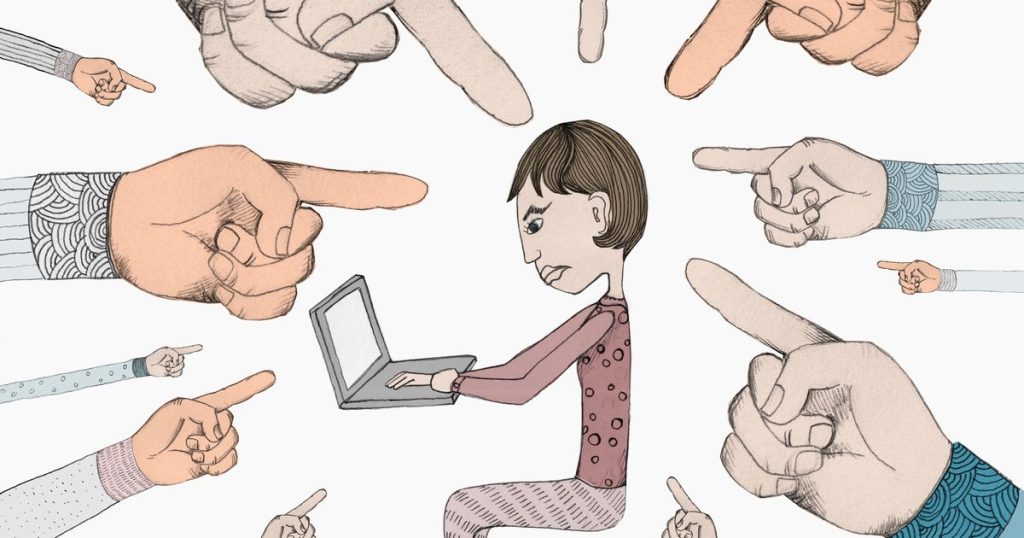The phrase “committed suicide” is harmful and stigmatizing when discussing mental health and suicide. It evokes associations with committing a crime or a sin, which can further stigmatize those who are struggling with mental health issues. Instead, the preferred language to use is “died by suicide” to emphasize that the death was caused by a mental health condition. Using sensitive mental health vernacular is crucial in eliminating negative stereotypes attached to mental illness and encouraging those in need to seek help.
Research shows that stigma surrounding mental health can prevent people from seeking help, which can be life-saving. Using judgmental or degrading language can hinder individuals from recognizing mental health problems and seeking or providing help. It is essential to understand that suicide is a dangerous byproduct of a health condition that can and should be prevented with proper treatment. Paying attention to our words can help create a more supportive environment for those living with mental health issues.
Suicide is a serious public health crisis, and more people die by suicide than by homicides, car accidents, or breast cancer. It is crucial to have compassion for those struggling with mental health issues every day, not just after high-profile suicides. By breaking down the stigma surrounding mental health and suicide, we can encourage individuals to speak up and seek support. Preventing tragedies requires ongoing efforts to promote open conversations and support for those in need.
By dropping the phrase “committed suicide” from our vocabulary, we can take a small but important step forward in creating a more understanding and supportive environment for those struggling with mental health issues. It is crucial to use language that does not stigmatize or blame individuals for their mental health struggles. Encouraging open conversations and providing support for those in need can help prevent tragedies and promote mental well-being in our communities. Remember, your words matter, especially when it comes to mental health.


